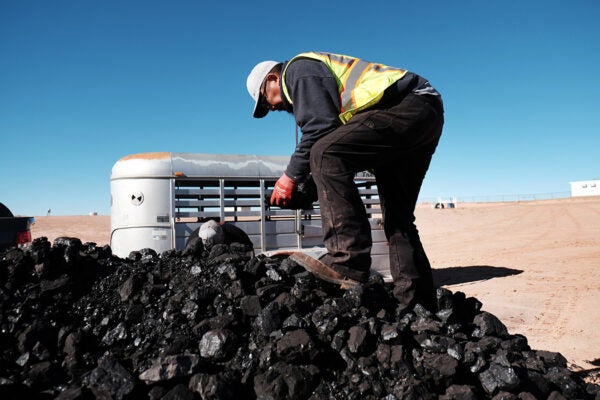The Ever-Lengthening History of Tobacco
People have been smoking in the Pacific Northwest for more than 4,500 years.
Mapping “Indian Country”
In the early 1800s, the Native people of the Plains region didn’t generally think about their land in terms of tribes, territories, or racial difference.
Trees With a Secret Message
The culturally modified trees of the Pacific Northwest and Alaska bring essential stories of the past into the present.
The Mysterious Madame Montour
Montour presented herself as a cultural intermediary between Native Americans and whites in colonial America. But who was she?
How Native Americans Guarded Their Societies Against Tyranny
Many Native American communities were consensus democracies that survived for generations because of careful attention to checking and balancing power.
A Village Responds to Disaster
When a tsunami struck American Samoa in 2009, the key to a swift response was Indigenous institutions that drew on local knowledge and community training.
Celebrating Indigenous Peoples and Cultures
More and more states are choosing to celebrate Indigenous Peoples' Day instead of Columbus Day.
Seeing Cannibals in the Enlightenment
The responses British and Spanish explorers had to the Nuu-chah-nulth (Nootka) people and their alleged cannibalism came down to imperialist goals.
The Diverse Shamanisms of South America
In Brazil, Indigenous people and city-dwellers of all backgrounds mix various shamanic practices, including rituals imported from North America and elsewhere.
Renewable Energy and Settler Colonialism
What can we learn from colonial legacies in pursuit of sustainable futures?









